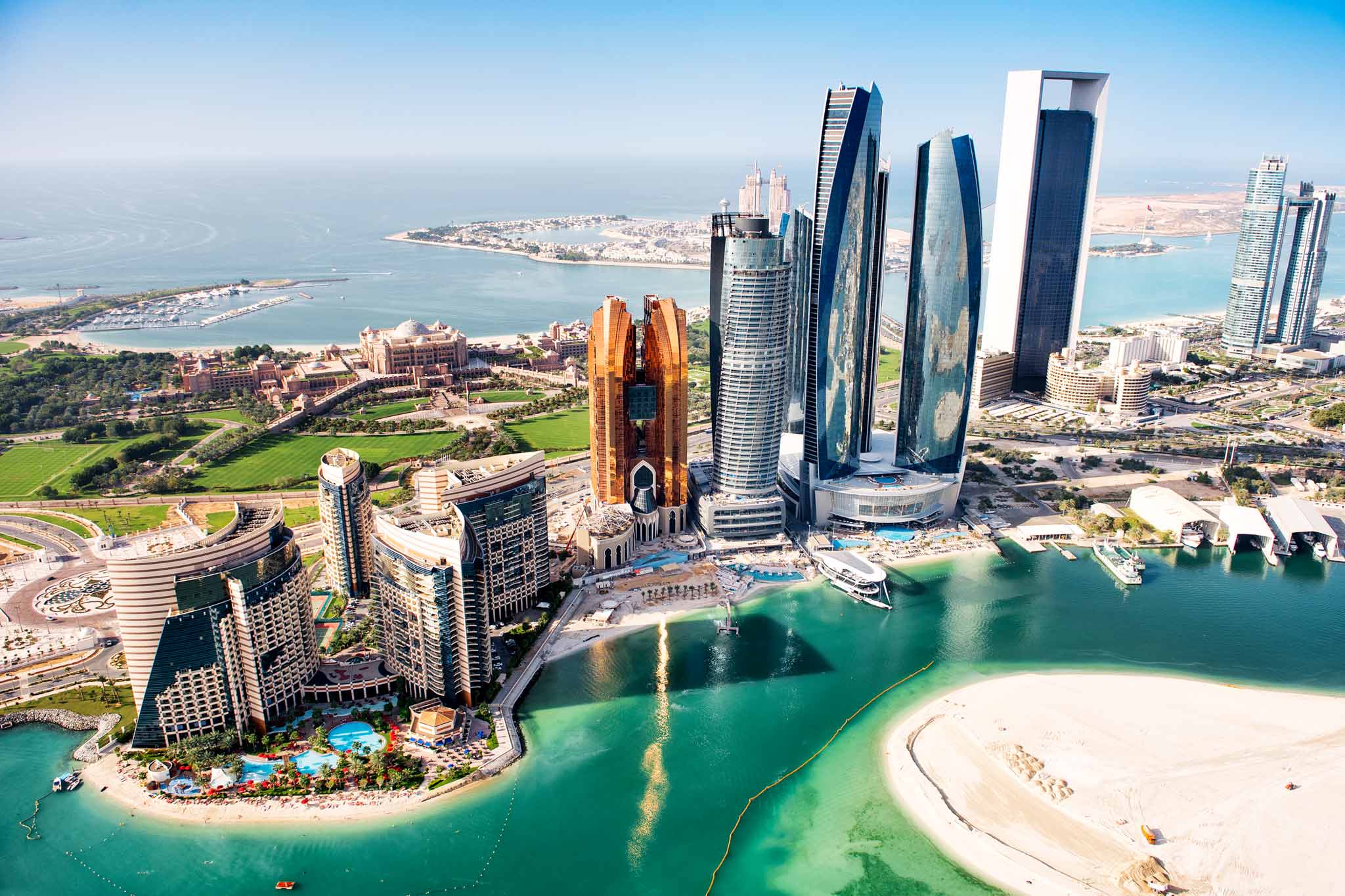Brazil has always had its place in the sphere of foreign business interests, and even more so in recent years. Many global companies and corporations now consider the country an important investment destination. This, in turn, creates good conditions for growing the country’s business events sector, and growing the support the local state provides for the development of the sector.
Having the status of the largest economy in the Latin American region, and being on the world’s fastest-growing emerging nations list, Brazil currently provides significant growth opportunities for various domestic and foreign businesses in general. The increased current interest in the country could also be explained by the simultaneous decline of certain other big emerging nations, like Russia and Ukraine. In the case of Russia, due to its invasion of Ukraine and the associated sanctions imposed on the country, it is simply no longer on the radar of primary foreign business investors.
According to state data, Brazil’s economy shows great dynamics this year, and the business events sector is expected to end the current year with its best result since the prepandemic 2019. The same positive trend can also be seen in the annual results reported by the country’s largest cities: São Paulo and Rio de Janeiro. Both cities are traditionally positioned as centres of the country’s business events industry, and typically accounts for the bulk of the industry’s annual revenue. For instance, the city of São Paulo, according to data from the São Paulo Turismo department, SPTuris, reports over 200 major events scheduled for the coming months alone. Out of which 126 are categorised as business events, expected to attract over 6.5 million participants.
Data from leading industry associations, among which are the Brazilian Association of Event Promoters, Abrape; the Brazil Association of Event Companies, Abeoc; and the Latin American Association of Event Management and Corporate Travel, Alagev, the meetings sector currently accounts for 4.32 per cent of Brazil’s national GDP and with an annual turnover of €43 billion. In terms of numbers, over 590,000 meetings and conferences are conducted in the country annually, while the growth rate of the industry vary in the range of 12 to 15 per cent per year.
“Brazil’s president, Lulu da Silva, announced the importance of developing Brazil’s business events sector during the Brazil Investment Forum”
The business events sector of Brazil began its rapid development in 2006 after hosting the 2006 FIFA World Cup, and then the 2016 Summer Olympics in Rio de Janeiro, which provided a significant driving force for the growth of the entire industry. As reported by experts of the Brazilian Association of Event Promoters, since 2006, Brazil has ranked in the world’s top ten countries that hosted the most international events and meetings. That is when the process of transformation and diversification of the industry really began. Back in 2006, 25 Brazilian cities hosted international conferences, and by 2022, the number had increased to 70 cities, and is still growing. São Paulo is currently the centre of the Brazilian meetings industry, and according to Abrape statistics, 70 per cent of all visitors to the city typically attend various business events.
And this is just the beginning, as the Brazilian government and the local industry associations are planning to promote Brazil more actively as a significant meeting destination in Latin America and globally. Implementation of these plans will also be achieved through Brazil’s more active participation in various global industry exhibitions and events, raising the country’s profile in the international business events arena. As part of these plans, particular attention will be paid to attracting business travellers from North America, primarily the US. One such example was Imex America 2023, the global business event hosted in mid-October in Las Vegas. Last year, a large delegation from Brazil attended the international event to promote the country as a global centre of business events.
As explained by Vaniza Schuler, senior manager of the Department of Meetings Tourism, Incentives and International Business at the Brazilian Tourist Board, Embratur, the North American business events market is currently the largest in the world and very important for Brazil. This is something backed up by official statistics, as according to the Embratur Data Portal, the United States is already one of the countries that sends the most business delegates to Brazil, second only to Argentina.
“In the case of Brazil, we are the largest market for business trade fairs and congresses in Latin America, and we also have interesting products for the North American market. At Imex America 2023, we had partners from many countries, including both North America and Latin America. This is a critical moment for our segment, as Imex America manages to bring together these two strategic audiences of Embratur and the meetings sector of Brazil,” says Vaniza Schuler.
North America may be one of the top priorities for Brazil’s meeting sector, but the plans don’t end there. Brazil is also more actively trying to attract companies and business travellers from certain Western European markets, such as the United Kingdom and Germany, hoping they will plan meetings and conferences in Brazil.
“The business events sector of Brazil began its rapid development in 2006 after hosting the 2006 FIFA World Cup”
In the meantime, Brazil’s president, Lulu da Silva, announced the importance of developing Brazil’s business events sector during the Brazil Investment Forum, the most significant event for foreign investment attraction in Latin America, which took place in November last year at Palácio Itamaraty, in the country’s capital Brasilia.
Brazil’s tourism sector is also planning to help attract business travellers by using numerous tourism hotspots as potential sites for organising various incentive meetings and events. According to Alexandre Nakagawa, Advisor on Event Management and International Markets at Embratur, in earlier statements made in an interview with the Brazilian business paper Travel2Latam, the most promising meeting destinations in the country include São Paulo, Rio de Janeiro, Brasília, and Amazonas. But at the same time, particular attention will also be paid to Foz de Iguazú, known for its Iguaçu Falls and its positioning as one of the potential meeting destinations in Brazil. Particular hopes are also put on Florianópolis and Porto Alegre as possible meetings industry centres in Brazil over the years to come.
Several challenges, such as the need for more infrastructure, especially for smaller Brazilian states, hampers the growth of the country’s business events sector. The Brazilian government is aware of this, however, and is considering solutions to these problems. As data from Embratur states, more than 70 per cent of international tourists who arrive in Brazil use air transport. Therefore, plans for further expansion of airports and associated infrastructure is considered one of the priorities of the Brazilian government these days. As part of these plans, the level of connectivity of Brazil’s largest cities will be further improved, with connections to many of the largest cities in North America along with major European cities and capitals.
In addition, plans are underway already to build more infrastructure facilities to host industry events in different parts of the country. According to local analysts, implementing these plans requires additional support from the state, primarily in subsidies and tax exemptions.
During III Summit Eventos Brasil, one of the most important annual industry events in the country, Arnaldo Nardone, Director of the Fiexpo Exhibition Group, Montevideo, Uruguay, and a former world president of the International Congress and Convention Association (ICCA), said that further active growth of the industry might also be held back by rising costs, mainly with regard to accommodation and aviation. As explained by Arnaldo Nardone, creating public-private partnerships can be a way to increase competitiveness among other international meeting destinations, which are also experiencing growth these days, such as China and Asia as a whole. In Latin America, Argentina also establishes itself as a strong competitor to Brazil.



